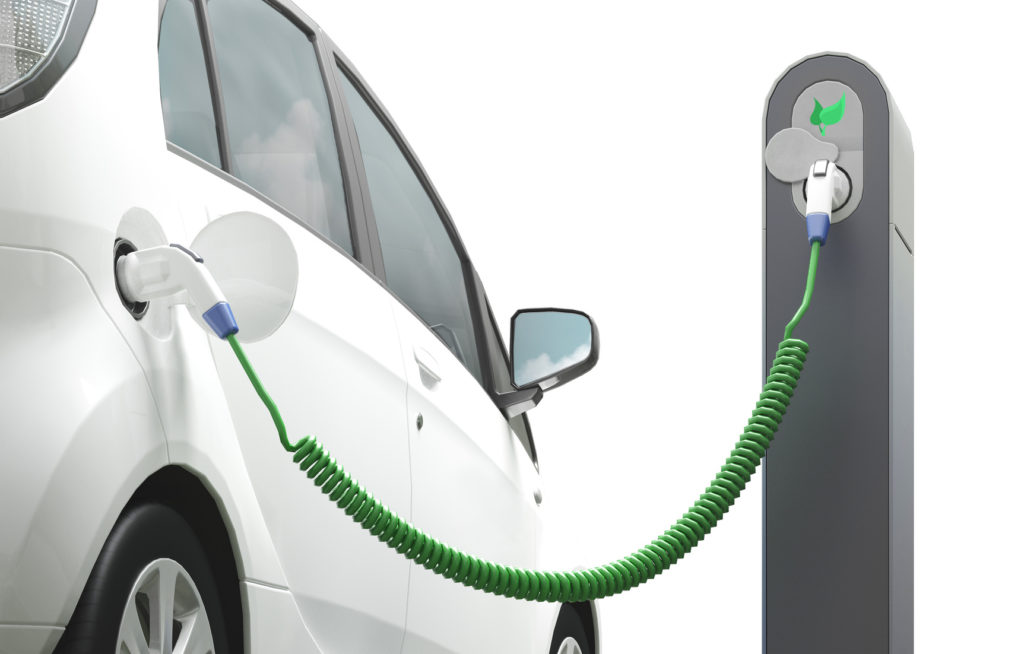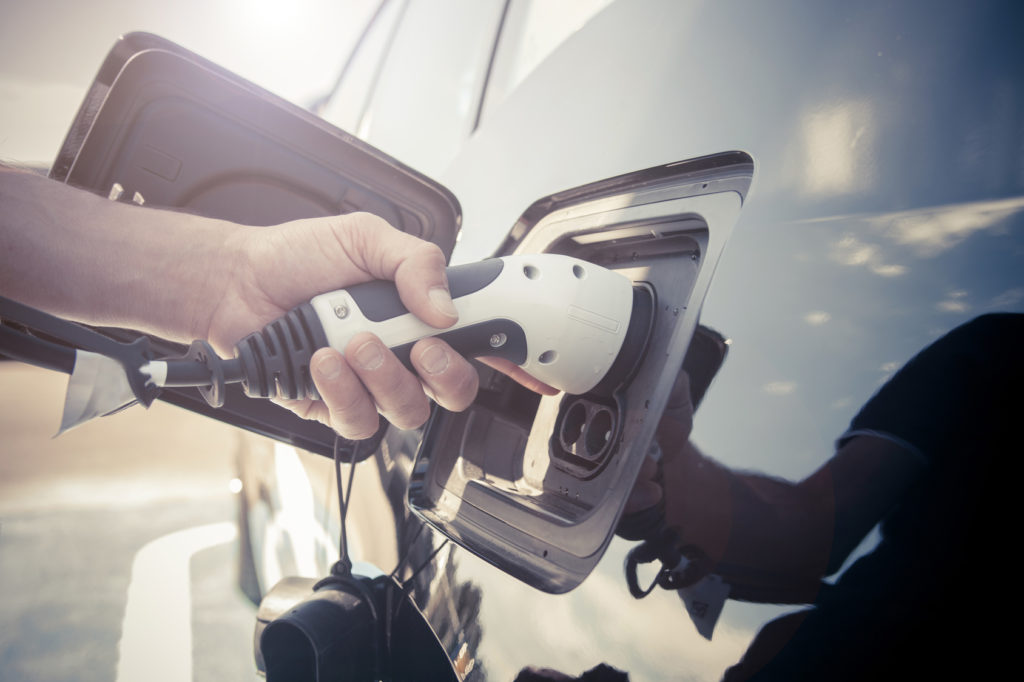Should I Buy an Electric Car?
 When you buy a new car, it’s important to take into account, not just the initial cost, but the long-term savings. If you are in the market for a new vehicle, you’ve certainly recognized the sheer amount of hype that has been built up around electric cars.
When you buy a new car, it’s important to take into account, not just the initial cost, but the long-term savings. If you are in the market for a new vehicle, you’ve certainly recognized the sheer amount of hype that has been built up around electric cars.
Although there were hardly any pure electric cars on the road a mere decade ago (hybrids don’t count), there are now over half a million electric cars on the market today. This is a trend that looks to continue, as more and more manufacturers are beginning to develop their own EVs for the market. However, even though electric cars are becoming more popular, should you actually venture to own one?
Although your needs out of a vehicle are specific to you, there are several things to remember when wondering if you should purchase an electric car…
Electric is on the rise
Even aside from cars, electricity is quickly becoming the premier energy source on the planet. With Elon Musk tech forces, Tesla and Solarcity, as well as other electric technology companies, there are major strides being done to replace combustion-based forms of energy.
Nowhere is this trend more clear, though, than in the sudden surge of lithium, which is set to be a major disruptor for the energy market. As combustion energy is viewed more and more negatively, due to environmental factors, many countries are actual taking steps to phase the combustion engine out of their economy The Netherlands seeks to ban the combustion engine by 2025, and Germany by 2030.
Essentially, buying an electric car might actually be buying a car for the future. To read more in detail about this topic, check out this useful article here.
Electricity is cheaper than gas
Buying an electric car doesn’t mean that you no longer have to pay to go places. It takes a substantial amount of electricity to move an electric vehicle. However, mile-for-mile, the cost of electricity it takes to move an electric car is much less than you would spend in gasoline.

According to the EPA, after you factor in gasoline, oil, and engine deterioration, a combustion-based engine vehicle will cost you over $13 to go 100 miles. At the same time, the cost to go that distance in an electric vehicle is estimated to be less than $4.
This is a major benefit for someone who is looking to purchase an electric car, as eliminating gas prices can make transportation substantially cheaper.
Prices are dropping for electric cars
When the Tesla Roadster was first introduced in 2008, electric cars were very much a luxury vehicle, and tended to only be an option for those who didn’t mind dropping over a hundred thousand dollars on a car.
However, even as electric vehicles have dramatically improved over the past 9 years, so too has the door been opening, economically. Even aside from how much cheaper it is to get a Tesla vehicle, today, you can get much more economical vehicles, such as the Nissan Leaf, for just over $30,000, brand new.
The Mitsubishi MiEV is even cheaper than the leaf, at a price of about $15,000. On top of that, you can utilize existing tax credits for purchasing electric vehicles.
Buying one might be harder than you thought
There are certainly several pros to purchasing an electric vehicle, but it might actually be harder than you think. Many electric vehicle manufacturers have found it difficult to sell their vehicles in many states, due to the traditional dealership model.
Adding to this problem, many states, such as Utah, make it illegal for vehicle manufacturers to sell directly to consumers. The issue with using dealers, manufacturers argue, is that they don’t have the training or potential to truly sell electric vehicles, as the selling points are a lot more different than traditional combustion-engine vehicles.
To learn more about these laws, check out this informative article about Utah’s strange dealership laws.
Category: Car Purchase






